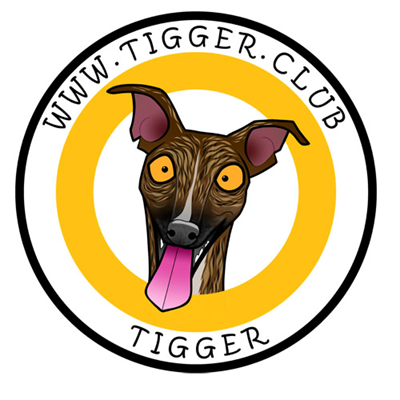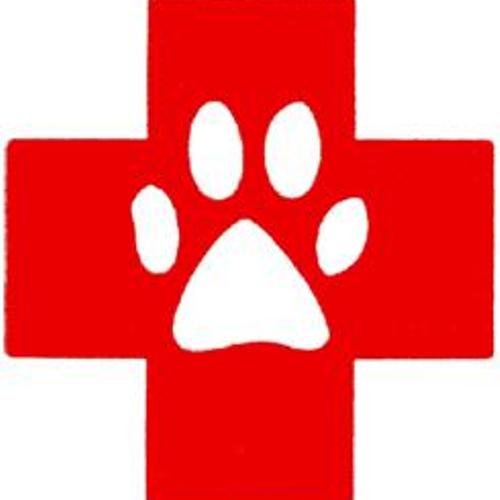Addison's Disease
By: Dr Lise Hansen
Overview
Thomas Addison was a quiet, humble doctor, dedicated to his students and patients at Guy’s Hospital, London. He was passionately interested in diseases of the skin and this led to his discovery of what we now call Addison’s – a disease which affects both humans and dogs. Addison noticed that six of his patients with bronzing of the skin developed hypoadrenocorticism as a result of tuberculosis damage to the adrenal gland.
Understanding the disease
In order to understand Addison’s, which is also referred to as hypoadrenocorticism, we need to study the adrenal gland. In humans this gland sits atop (hence the name for it is ‘ad-renal’) the kidney. It is a small but essential endocrine gland with a core, the Medulla, and an outer area, the cortex.
The core produces the well-known adrenalin hormone, much loved of horror-movie buffs and roller-coaster revellers, of course. The cortex is much more interesting. It produces sex hormones, cortisol (for stress and, blood sugar and anti-inflammatory effects) and aldosterone, vital to salt and blood pressure regulation.
Cortisol (it comes from the ‘cortex’) is known as a glucocorticoid because it is central to glucose regulation in the body especially during exercise and times of stress. Aldosterone, is known as a ‘mineralocorticoid’ because of its association with sodium and potassium regulation.
If your dog’s adrenal cortex is damaged or misfunctions, then it can lead to one of two different problems: If the adrenal glands begin overproducing hormones the result can be Cushing’s disease or hyperadrenocorticism. If the adrenal gland underproduces hormones, in this case aldosterone and cortisone, the result can be Addison’s or hypoadrenocorticism.
Cushing’s and Addison’s are, therefore, opposite ends of the same problem. One is the result of too much steroid, the other, too little. Scientists do not really understand yet what causes the adrenal gland to malfunction in this way.
Symptoms
Addison’s can be a difficult disease to diagnose in dogs because the symptoms are often vague and may come and go. Some breeds are more susceptible than others. Standard Poodles, Westies, Danes, Beardies, Portuguese Water Dogs, Nova Scotia Duck Tolling Retrievers and Soft Coated Wheaten Terriers are more prone, suggesting a genetic component to the disease.
Symptoms to watch for include: • Depression • Lethargy • Anorexia (lack of appetite) • Weight loss • Vomiting • Diarrhoea • Bloody stools • Alopecia (hair loss) • Increased urination • Increased thirst • Dehydration • Shaking • Weak pulse • Irregular heart rate • Low temperature • Painful abdomen • Hypoglycemia • Hyperpigmentation of the skin
Addison’s disease is often only diagnosed during what is referred to as an Addisonian crisis – this is where the disease reaches an acute stage, and the patient experiences life-threatening symptoms such as shock and collapse.
As soon as the dog has been treated for the crisis and the condition has been stabilised, your vet will perform a number of tests to determine what caused the collapse and to rule out other diagnoses. They will take blood and urine and may even use an electrocardiogram (ECG) to check your dog’s heart. If there is still some doubt, there is something called the adrenocorticotropic hormone (ACTH) stimulation test, which monitors the function of the adrenal glands.
Treatment
Dogs with Addison’s are hormone-deficient. The most important part of the treatment is, therefore, to provide the missing hormones.
A mineralocorticoid is given to mimic aldosterone either by tablet daily or by injection periodically.
Glucocorticoids, ‘steroids’, are usually given daily at a low dose, although an increased dose may be given during times of stress.
Some vets also prescribe salt, although recent research suggests that this is not necessary.
Finding the right dose of these two hormones can be tricky. Frequent blood tests are needed to monitor blood electrolytes (salts) and hormone assays, but these reduce as the patient stabilises. With time, many people recognise their dogs needs the amount of mineralocorticoid or glucocorticoid varied and can adjust the dose accordingly. The majority of patients do well on this regime and live out their full life span without problems from Addison’s or the medication.
Holistic treatment
Many vets consider Addison’s to be incurable, but diet and other holistic interventions may support stability and reduce the risk that stress may upset the equilibrium.
Diet is, of course, the cornerstone of all health, and this disease is no exception.
A well balanced diet benefits all dogs and all aspects of physiology. They support any struggling endocrine metabolism. Omega-3 fatty acids found in fish or flax oils are potent anti-inflammatories and contribute to the health of hormones, joints and skin.
Liquorice (Glycyrrhiza glabra) is an ancient herb known for its adrenal tonic effects. It enhances glucocorticoid activity, and it mimics aldosterone by potentiating the effects of cortisol.
Consider its use with your herbal or holistic vet along with the adaptogen Rehmannia (Rehmanniaglutinosa). Rehmannia is deemed an adrenal ‘trophorestorative’, that is, it rectifies deficiency or weakness in the gland. Its effects may not be temporary. Consider, too, other stress modifier herbs. Hops (Humulus lupulus), wild lettuce (Lactucavirosa), lavender (Lavandula angustifolia) and passionflower (Passifloraincarnata) could make additions to the toolkit of the pet guardian tending an Addisonian patient.
Essential oils are well known as mood enhancers and relaxants in people. The same is true in dogs, but care must be taken in their use as the dog’s sense of smell is vastly more sensitive than our own. Consider valerian (Valeriana officinalis), vetiver (Vetiverazizanoides), petitgrain (Citrus auranthium leaf), sweet marjoram (Origanummorjorana), and sweet orange (Citrus sinensis) essential oils in your calming mixes. Start well diluted and never apply neat to the dog’s skin.
This health article was written by Honey's Real Dog Food
Honey’s Real Dog Food are one of the longest-established raw dog food producers in the world.
Contact:
Tel: 01672 620 260
Email:
Website: www.honeysrealdogfood.com


